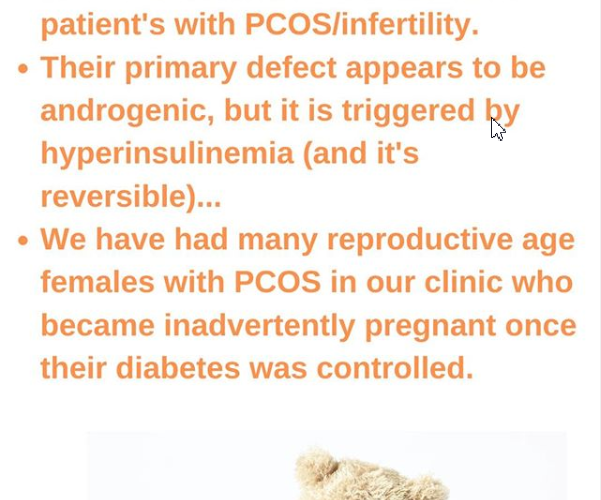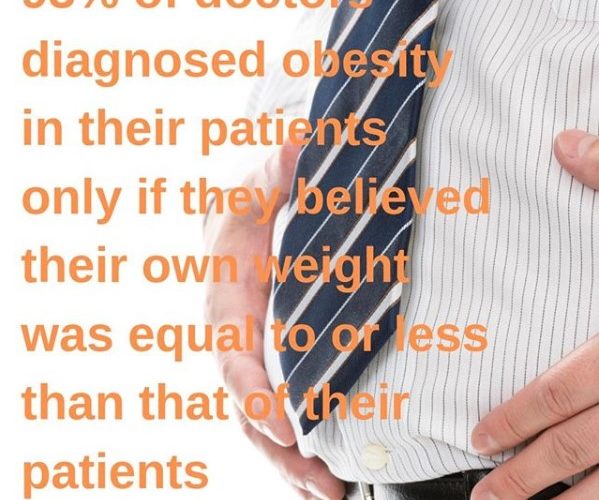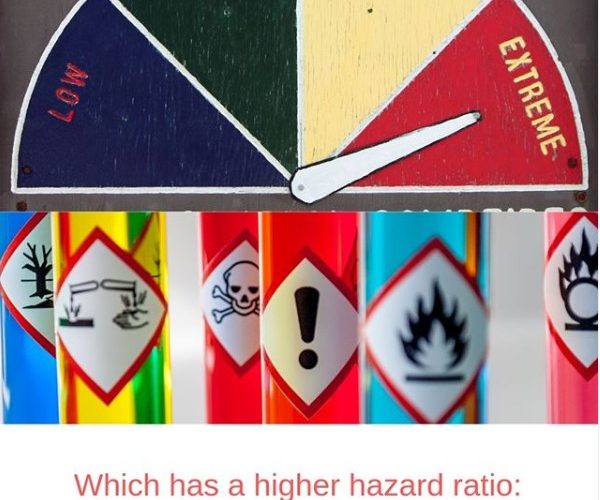Polycystic Ovary Syndrome (PCOS)

The most common endocrine dysfunction of women – affects 10-20% of women. A life-long disease with enormous medical, emotional and financial consequences. High risk for diabetes and metabolic syndrome & 80% are overweight/obese. PCOS is the result of hyperinsulinemia * The effects of insulin on the ovary Theca cells results in release of testosterone * […]
Does Sugar Consumption Cause Obesity?

Sugar has been vilified over the years with claims of its disastrous effects on our health. Are these claims true? Does taken a soda a day guarantee one ill health? What of the effects of excess sugar on obesity? In this article, we will explore these claims and determine whether indeed excessive sugar intake leads […]
Is Your Healthcare Provider (Physician, Dietitian, Practitioner) Overweight??

Overweight or obese physicians were less likely to discuss weight loss with heavy patients: only 18% of these doctors discussed losing weight with their patients while 30% of normal weight physicians did. More interestingly, 93% of doctors diagnosed obesity in their patients only if they believed their own weight was equal to or less than […]
Obesity is A Threat to U.S. National Security

Obesity is a threat to U.S. national security, obesity is the leading medical reason why applicants fail to qualify for military service: 27% of young people aged 17 to 24 are too obese to serve in the armed forces. Over the last 10 years, the number of states with 40 percent of young adults considered […]
Sensory-Specific Satiety

Sensory-specific satiety: the relationship between perceived taste and quantity consumed of food. As individuals consume more of a food item, they experience diminishing marginal taste perception, which means their level of perceived taste from additional consumption tends to decline (additional consumption becomes less pleasurable). The first bite of chocolate is better than the 10th. In […]
Which has a Higher Hazard Ratio: Smoking or Obesity?

Do you think smoking or obesity would have a higher hazard ratio? When looked at in context, the answer might surprise you. Hazard ratio (HR) is the ratio of the hazard rates corresponding to the conditions described by two levels of an explanatory variable. The HR has also been defined as the ratio of (risk […]
